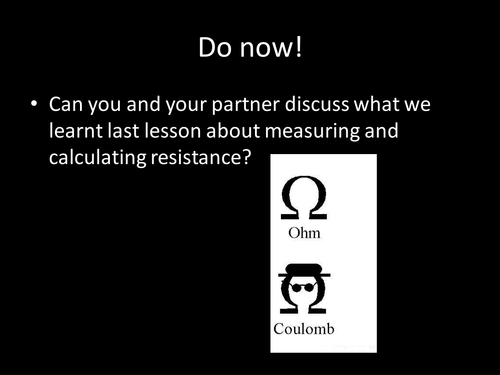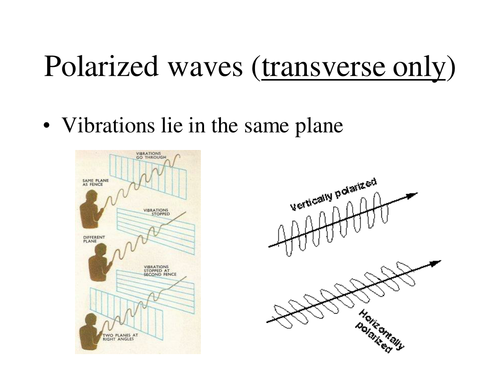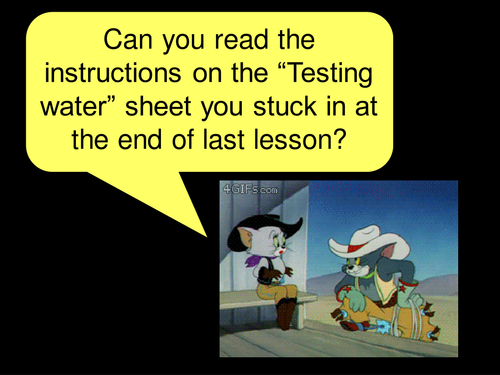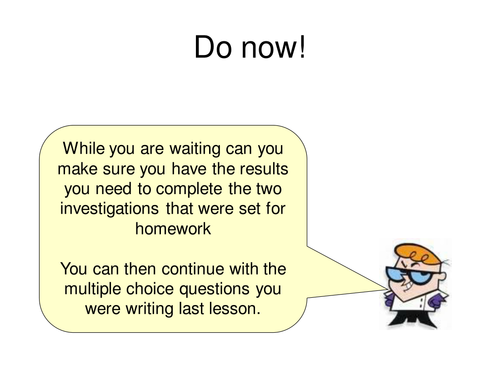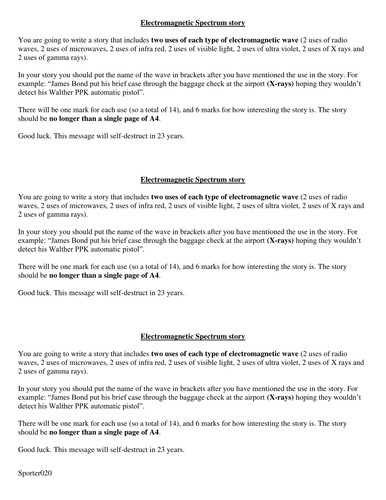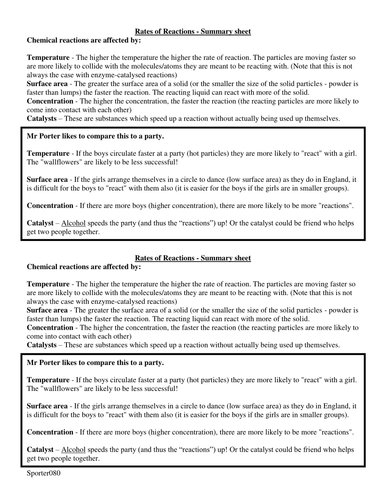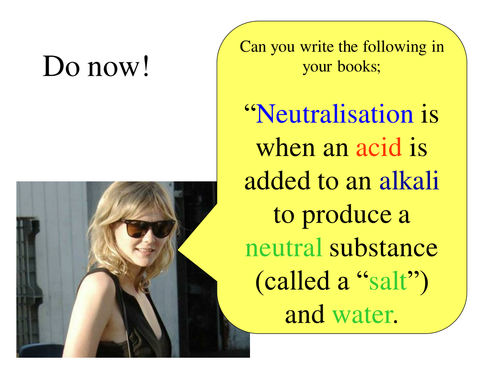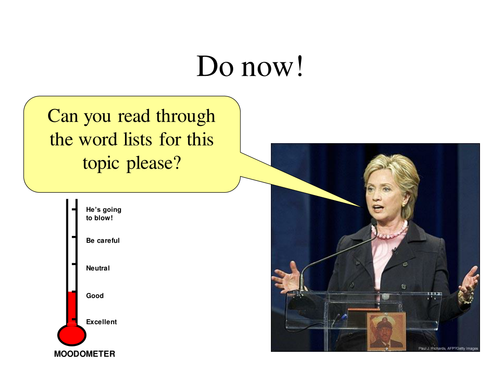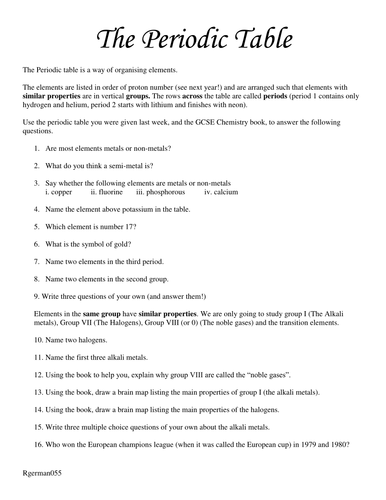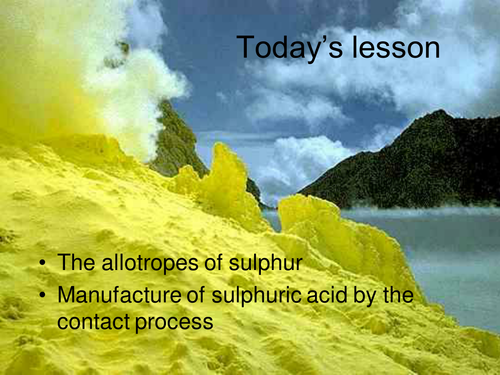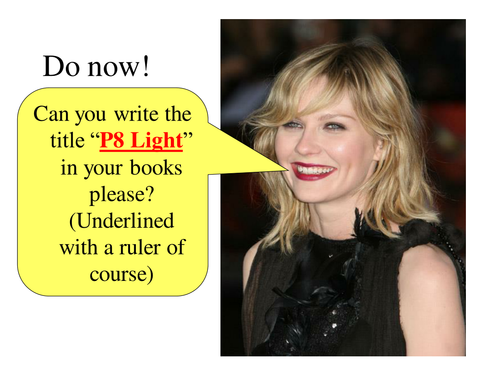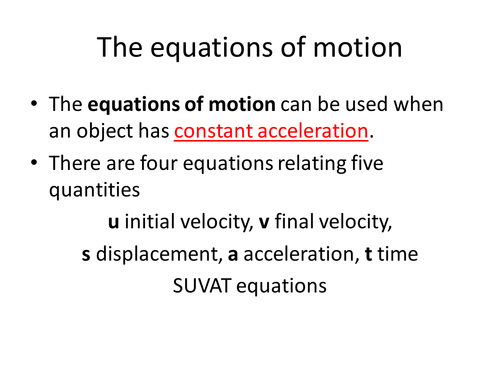Simon Porter's Shop
Simon has been teaching Physics for over 27 years in British state schools and international school around the world. He specializes in International Baccalaureate, A level and IGCSE. He is now head of the secondary school at the British School of Tashkent, a Nord Anglia school and in August he will become International Principal of NAS Guangzhou Panyu. He is a regular contributor to the Times Educational Supplement and is one of their "Subject geniuses" for Science.





